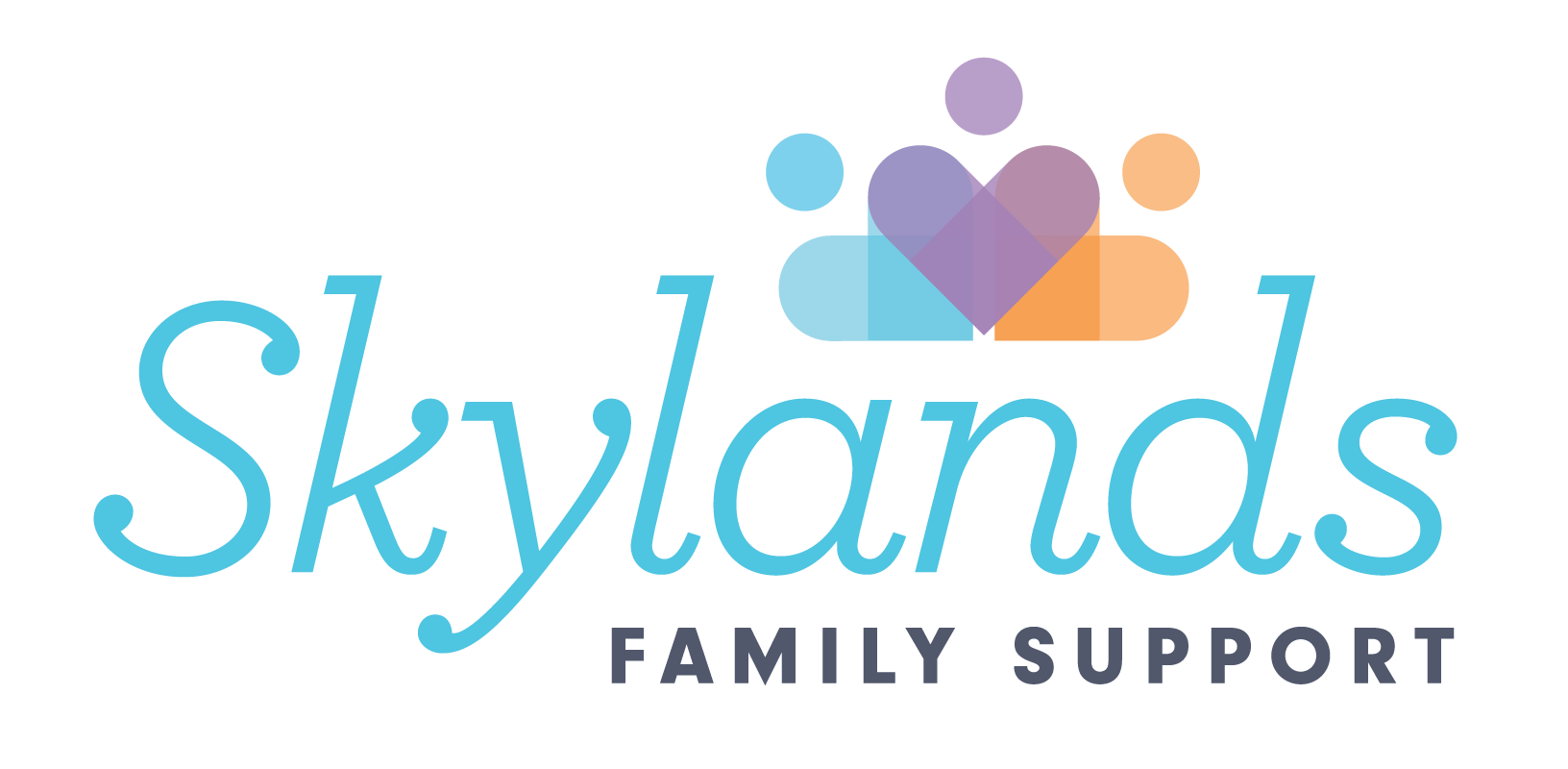How to Evaluate if Your NJ Support Coordination Agency is Meeting Your Family’s Needs
Not sure if your support coordination agency is the right fit? Learn how you can identify signs of strong support coordination, recognize potential red flags, and reflect on whether your loved one’s ISP and services are truly meeting their needs. Learn what effective partnership should look like and what steps you can take if a…
Read MoreSkylands Family Support Earns 2025 Great Place To Work Certification™
Washington, New Jersey — is proud to be Certified™ by Great Place To Work® for the second year in a row. The prestigious award is based entirely on what current employees say about their experience working at Skylands. This year, 98% of employees say Skylands is a great place to work, compared to 57% at…
Read MoreCoordinating Complex Care Across Programs, Therapists & Medical Providers
Learn how support coordinators ensure consistency and help families navigate complex care networks. Discover practical strategies for collaboration that keep your loved one’s needs at the center. For families caring for a loved one, the landscape of support can feel like a web—educators, therapists, medical providers, and community programs all working in their own spheres,…
Read MoreNavigating NJ DDD Funding Limitations Without Compromising Care
Your family can make the most of NJ DDD funding while prioritizing your loved one’s needs and goals. Learn practical strategies, explore community resources, and see how a support coordinator can help guide the process. For families of loved ones with developmental disabilities, navigating New Jersey’s Division of Developmental Disabilities (NJ DDD) system can feel…
Read MoreTop 5 Mistakes in ISP Planning and How to Avoid Them
Creating an Individualized Service Plan (ISP) is an important opportunity to shape meaningful goals, gather key information, and collaborate with your support coordinator. While the process can feel complex, understanding common challenges ahead of time can help. Feeling overwhelmed or stressed is totally normal, but ISPs, ultimately, play a key role in shaping services, supports,…
Read More
Resource Center
A collection of Skylands FAQs, forms and helpful links.




